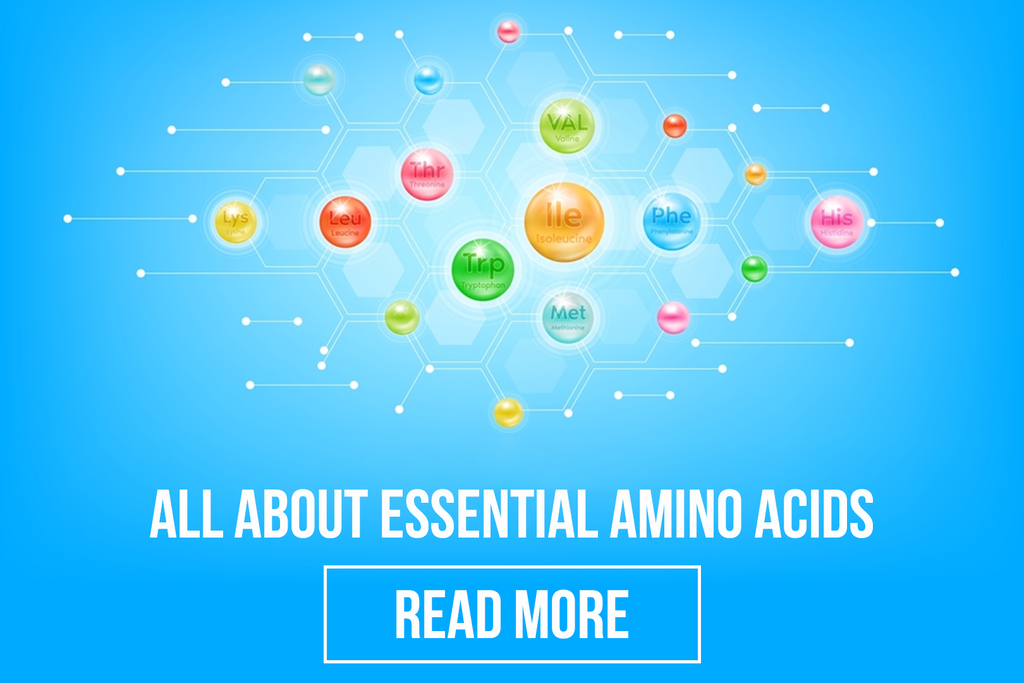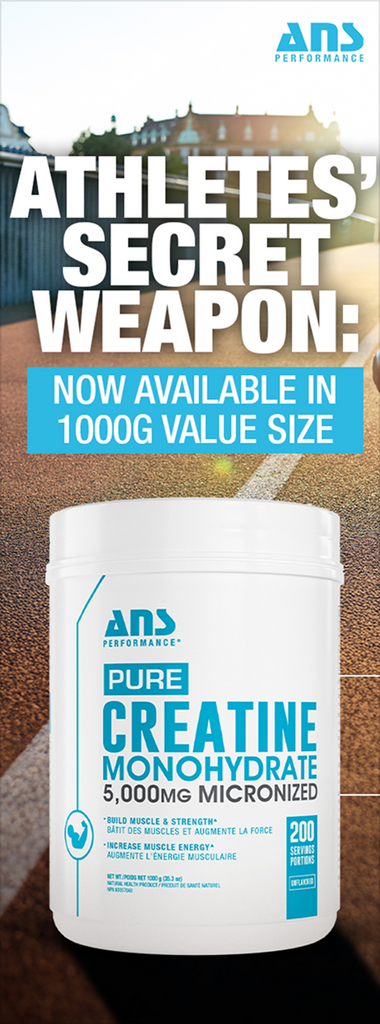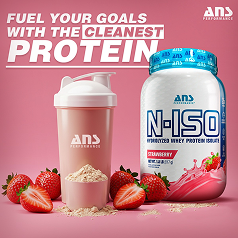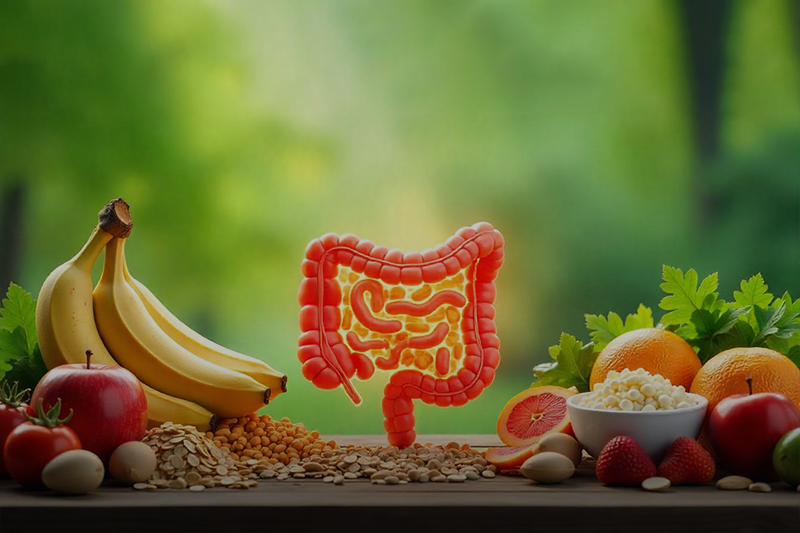
When it comes to building muscle, most people think of protein first. But did you know that it's not just the protein itself that's important, but the specific amino acids that make up that protein? These amino acids are the building blocks of protein, and some of them are considered "essential" because our bodies can't produce them on their own.
The 9 essential amino acids are: histidine, isoleucine, leucine, lysine, methionine, phenylalanine, threonine, tryptophan, and valine. These amino acids cannot be synthesized by the body and must be obtained through the diet - with either whole food or supplementation.
BCAAs, or branched-chain amino acids, are a group of three primary essential amino acids: leucine, isoleucine, and valine. These amino acids are important for muscle growth and repair because they play a key role in protein synthesis, which is the process by which the body builds new muscle tissue. Leucine, in particular, has been found to have the strongest anabolic (muscle-building) effects.
BCAAs also help to reduce muscle damage and soreness caused by exercise, and can help to reduce fatigue during intense physical activity. Additionally, BCAAs can also be used as an energy source during exercise. Since BCAAs are metabolized directly in the muscle and not in the liver, they are a quick and effective way to provide energy to the muscles during intense physical activity.
Lysine is another essential amino acid which is important for the growth and repair of muscle tissue, as well as the production of collagen, which is the protein that gives skin, tendons, and ligaments their strength and elasticity. Lysine is also crucial for the absorption of calcium, making it important for maintaining strong bones.
Threonine is an essential amino acid that plays a number of important roles in the body. Aside from being a building block of proteins, threonine is required for the proper formation of collagen, elastin, and enamel proteins. Additionally, Threonine is needed for the proper metabolism of fats in the liver, and it helps to prevent the accumulation of fat in the liver. Within the nervous system, Threonine is a precursor of the neurotransmitters glycine and serine, which are important for proper nervous system function.
Phenylalanine is an essential amino acid which is necessary for the production of neurotransmitters, chemicals that transmit signals in the brain. It is also involved in the production of the hormone adrenaline, which can boost energy levels and help with focus and attention.
The other essential amino acids histidine, methionine and tryptophan are all important for different aspects of health.
When it comes to getting the essential amino acids your body needs, the best source is through food, specifically protein-rich foods such as meat, fish, eggs, and dairy. However, if you're having trouble getting enough of these amino acids through your diet, a supplement may be a good option.
A product like QUENCH EAA provides a perfect dosage of the full spectrum of all 9 essential amino acids to optimize workout performance. In combination with the amino acids, QUENCH EAA also provides bio-available forms of key electrolytes.
Electrolytes are minerals (or salts) that have an electric charge and are dissolved in the body's fluids, including blood, sweat, and urine. They play an important role in many bodily functions, including muscle hydration and performance.
Proper hydration is essential for optimal muscle function, and electrolytes play a critical role in maintaining hydration. When we sweat, we lose not only water but also electrolytes. Therefore, it's important to replenish electrolytes, especially during intense physical activity or in hot weather. When electrolyte levels become imbalanced, it can lead to muscle cramps, weakness, and fatigue, making it harder to perform at your best.
When it comes to muscle function, electrolytes help to regulate the balance of fluids in and around the cells, which is necessary for proper muscle contraction and relaxation. Sodium, potassium, and calcium are the main electrolytes that affect muscle function. Sodium and potassium work together to regulate the movement of fluids in and out of the cells, while calcium is necessary for muscle contraction.
Studies have suggested that supplementing with electrolytes can help to prevent muscle cramps and improve endurance during prolonged exercise. Therefore, maintaining adequate levels of electrolytes through diet and/or supplements can be beneficial for muscle hydration and performance.
However taking electrolyte salts alone with water is not the most effective way to achieve hydration. When electrolytes are combined with either a simple sugar like glucose (like many sugar-laden sports drinks), better absorption and utilization of the electrolytes is achieved. But more recent research has shown that there is a sugar-free way to also improve electrolyte absorption - by combining them with amino acids instead!
QUENCH EAA provides this triple benefit with it's unique formula:
- Delivers effective dosage of all 9 essential amino acids + Taurine
- Replenishes key electrolytes for optimal hydration and performance
- Improves electrolyte absorption and utility with NO SUGAR!
Try it today in one of 4 incredible thirst-quenching flavours!







